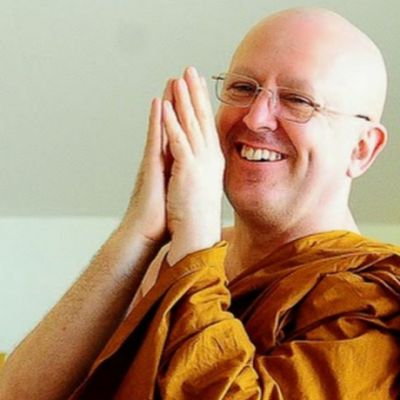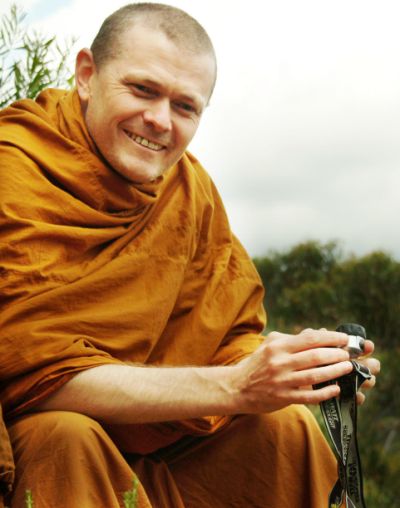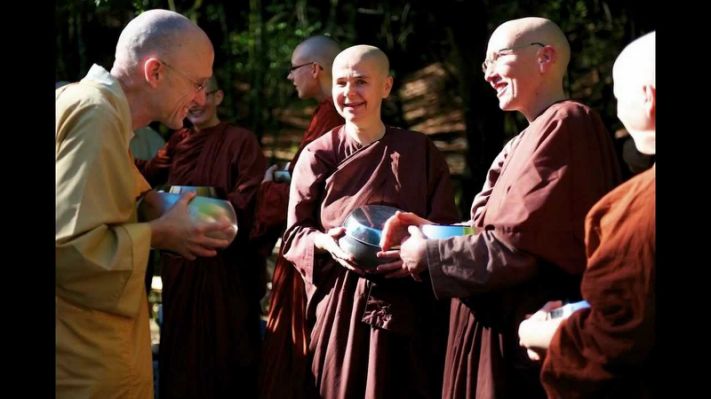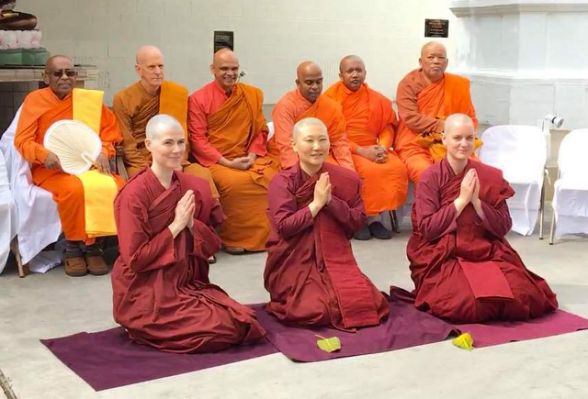If it is the case, that Bhk. Thanissaro states: "The phrase "Life is suffering" is supposed to be a summary of the Buddha’s first noble truth, but the first noble truth simply lists the things in life that constitute suffering" (bold/italics mine) this is a misunderstanding of the statement (http://buddhadust.net/backmatter/indexes/sutta/dn/idx_digha_nikaya.htm#p22 §4, definition of dukkha) saɱkhittena pañc'upādāna-k-khandhā dukkhā "Essentially the Five Fueled Stockpiles are pain."
"The Fueled Stockpiles" is a name for everything in existence. It is the equivalent of The All. The equivalent of "The World". Or: "Life" (bhava). And we also have this stated indirectly in the Paṭicca Samuppada where bhava is one causally associated factor upon which dukkha depends and which is to be eliminated ... not made dukkha-free. We are not trying to change the nature of life or the world, we are trying to escape it.
To say the Buddha does not say that life is pain is misleading and appears to be some sort of attempt at softening of the teaching for the sake of those that do not understand the idea of life hereafter and the problems that poses.
That there is no precisely worded statement that 'life is dukkha' is explained by the fact that life is not entirely, exclusively dukkha. But to conclude from that that the intent is not that everything here is essentially - in its essence painful is to suggest that the Dhamma is intended as a solution to only the pain of this world where the suttas are riddled with the idea that the real concern is rebirth.
It does explain his translation of dukkha as "stress", a very worldly problem.
And, as for the difficulty of smiling when existence is indirectly said to be pain, there is this:
"But if, Sāriputta, they should ask you:
'How is it, friend Sāriputta,
that when you know,
when you see,
blissful feeling is not present with you?'
how would you make answer?"
"If they were to ask me thus, lord:
'How is it, friend Sāriputta,
that when you know,
when you see,
blissful feeling is not present with you?'
I should thus make answer:
'There are these three [modes of] feeling, friend.
Which three?
Pleasant,
painful,
neutral feeling.
Now these three modes are impermanent.
And when it is discerned
that that which is impermanent is painful,
blissful feeling is not present.
Thus asked, thus, lord, should I make answer."
"Well done, Sāriputta,
well done!
Moreover the way to answer just this in brief is:
'Whatever is felt is concerned with pain.'
—SN 2.12.32 - Mrs. Rhys Davids, trans.
One more:
I hear tell:
Once upon a time The Lucky Man, Sāvatthi-town residing.
There then, The Lucky Man addressed the bhikkhus:
"Bhikkhus!"
And the bhikkhus responding:
"Bhadante!"
the Lucky Man said this:
"Here in the discipline of the Aristocrats, beggars,
singing is considered lamentation.
Here in the discipline of the Aristocrats, beggars,
dancing is considered a prelude to madness
Here in the discipline of the Aristocrats, beggars,
flashing ones teeth while laughing is but immaturity.
Wherefore as to singing, beggars, pull down the bridge.
As to dancing, pull down the bridge.
It is enough if something delight the mind,
to smile moderately.
AN 3.103
http://buddhadust.net/backmatter/indexes/sutta/an/idx_03_tikanipata.htm#p103



